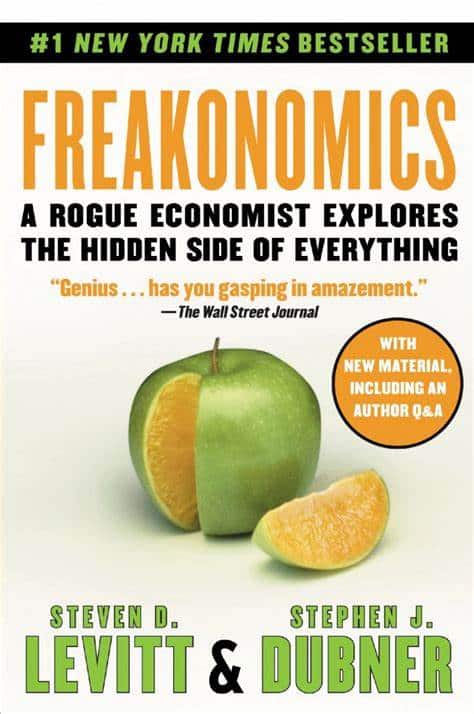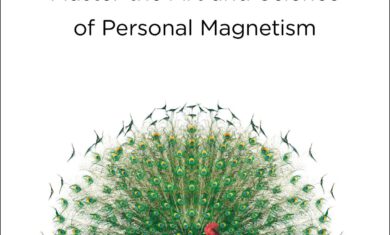I talk on here quite a bit about understanding the “other side” of disagreements, as it’s a great way to gain both knowledge and empathy. When it comes to taking a stance on an issue, I often fall somewhere in the middle, trying to understand the pros and cons of each side. While I also appreciate this kind of positioning in others, it’s generally not a good way to endear yourself to many people.
In the classic book “Freakonomics“, they explain:
The typical parenting expert, like experts in other fields, is prone to sound exceedingly sure of himself. An expert doesn’t so much argue the various sides of an issue as plant his flag firmly on one side. That’s because an expert whose argument reeks of restraint or nuance often doesn’t get much attention. An expert must be bold if he hopes to alchemize his homespun theory into conventional wisdom. His best chance of doing so is to engage the public’s emotions, for emotion is the enemy of rational argument.
This reminds me of a few things.
First, you have Seth Godin’s idea of “oppositional energy”, where people pick a “they” to fight against and just do whatever their side is supposed to do. It’s lazy, and it’s making us worse.
More closely to this post are Shankar Vedantam’s thoughts on “integrated complexity”, where both sides will fight against you if you try to land in the middle. He gave a great example related to immigration:
If you think there should be, for example, zero immigration to the United States, you can call anyone who has even mildly pro-immigrant views a traitor. On the other hand if you think there should be open borders to the United States, you can call anyone who calls for any immigration restrictions a racist.
If you want more attention, you need to pick a side far off to one side of every argument. Doing that will stir people up and get you noticed, good or bad. Nuanced viewpoints tend to be the most solid, but people wanting an audience will work to get noticed by riling everyone up, so take any advice from a popular news personality (who is very likely aligned far to one side for the purpose of gaining an audience) with a grain of salt.




